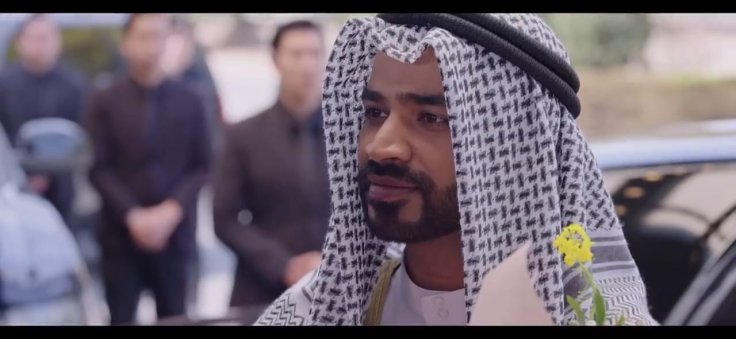King The Land, producers addressed the controversies surrounding the Arab character Prince Samir as a womanizer who enjoys nightlife at clubs on Monday (July 10). The producers said they had no intention to mislead the viewers while introducing this character.
The producers said the characters, place names, and regions portrayed in the drama are fictional and do not represent any culture. They had no intention to distort or satirize any culture or tradition. The producers respect various cultures and would pay more attention to detail while producing the project. They would make sure that there is no discomfort for the viewers in viewing the drama.
The controversial character, Prince Samir, was introduced to the followers of the romantic comedy-drama in episode 7. The character appears in the mini-series as a friend of Gu Won. They studied together abroad. The Prince visits South Korea to expand his business and stays at King Hotel. He starts flirting with Cheon Sa Rang after falling in love with her at first sight.

Indian actor Anupam Tripathi appears as Prince Samir on screens. He appears as a womanizer who enjoys nightlife at clubs. The social media platforms and online sites got flooded with messages from Arab viewers demanding an apology from the production team.
Several Arab viewers expressed discomfort after watching the latest episodes of the mini-series. They demanded a sincere apology from the production team for the wrong portrayal of Arab culture. The producers of JTBC drama King The Land have released a brief statement responding to the controversies surrounding the Arab character Prince Samir. It is as below:
The characters, regions, places, and names appearing in the drama are fictitious settings, and there was no intention to satirize or distort a specific culture. The production team respects various cultures and will pay more attention to production so there is no discomfort in viewing.


